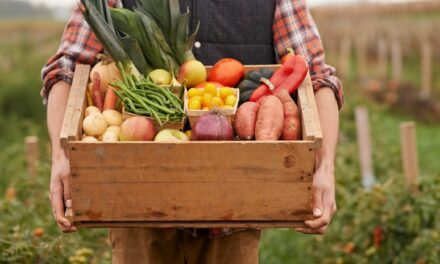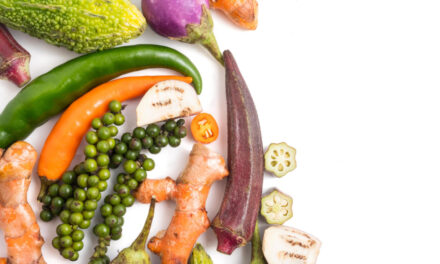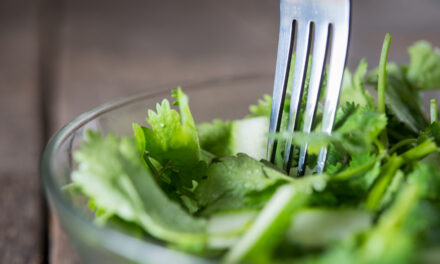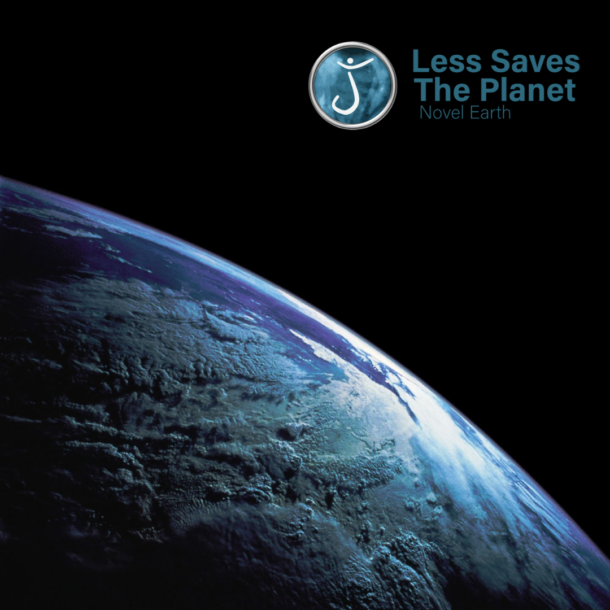
SUPERFRUITS: HOW TO CHOOSE THEM IN AN ECO-RESPONSIBLE WAY?

Having become a must-see in stores, superfruits are increasingly popular. In recent years, consumption has shifted towards healthy products due to the presence of public health problems such as obesity or diabetes. Featuring exceptional nutritional qualities, exotic flavours and bright colours, superfruits are very attractive. Americans use the ORAC index to measure the antioxidant capacity of a food. Superfruits have an above-average ORAC index. Antioxidants eliminate free radicals generated by our bodies, which are a problem when they are in excess. Fruits with a lot of antioxidants are called “super.” Often exotic or little known, they are generally used in medicine by local populations.
To eat better, consume locally
The term “superfruit” often refers to tropical fruits with exceptional virtues put forward by farmers or the farm industry. These are original from various continents such as South America for acai, acerola and tamarind and camu-camu. Baobab has its origins in Africa. Goji Bay, sea buckthorn, Grenada, durian, blackberry and Noni are native to Asia. Cranberry and blueberries are native to North America. Kiwai is from the Far East. In order to minimize your carbon footprint and promote a short production circuit, Less Saves the Planet recommends consuming seasonal and local superfruits. In France, it is possible to find blackberries, wild blueberries, pomegranates or even acerola in the French West Indies.
The water consumption of superfruits
Fresh water is not only essential to life on our planet, it is also limited. The superfruits we presented above all have a relatively low water footprint. Among them, the least water-spent are blueberries, durian and mangosteen, which require less than 1000 L of water to produce 1KG. Of the fruits listed, acerola is the most water-spent 1411 litres of water are needed to produce 1 KG. To understand this figure, consider that it takes 15,415 litres of water to produce one kg of beef.
The most sustainable superfruits
While not all superfruits are beneficial to our planet, the production of acai and blackberry have benefits. On the one hand, the success of the acai bay has pushed producers to reduce deforestation in the Amazon. On the other hand, the researchers observed that blackberry production has an impact on improving air quality, soil ability to retain water and reducing soil erosion. However, some superfruits such as cranberries cause significant water pollution when grown with pesticides. Less Saves The Planet recommends to prefer superfruits from organic and local agriculture.















